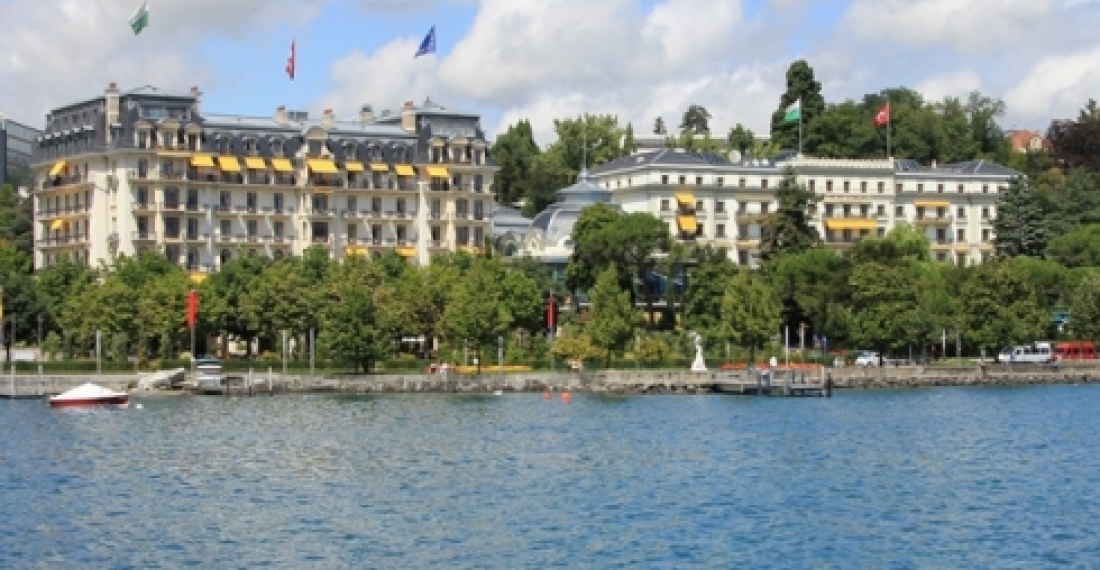Iran and major powers are close to agreement on a 2- or 3-page accord with specific numbers that would form the basis of a long-term settlement aimed at ending a 12-year standoff over Tehran\'s nuclear ambitions, officials said on Friday.
According to a Reuters News Agency despatch from Lausanne, Switzerland, where talks are being held, Western and Iranian officials familiar with the negotiations between Iran, the United States, Britain, France, Germany, Russia and China cautioned that they still had not agreed on the framework of a deal, and key details were still being hotly negotiated.
"The sides are very, very close to the final step and it could be signed or agreed and announced verbally," a senior Iranian official familiar with the talks told Reuters on condition of anonymity. Other officials echoed the remarks while warning that negotiations in the coming days might still fail.U.S. Secretary of State John Kerry and Iranian Foreign Minister Mohammad Javad Zarif have been discussing the political framework agreement for days in Lausanne, Switzerland. Other foreign ministers from the six-power group are expected to arrive over the weekend.
There were discussions under way about whether to make the 2- or 3-page document public, but two officials said it would be released. It was expected that some details of the agreement would be kept confidential, officials noted.
source: commonspace.eu with Reuters
photo: The Beau Rivage Palace Hotel in Lausanne, Switzerland were tough negotiations between Iran and major powers continue.(archive picture)







